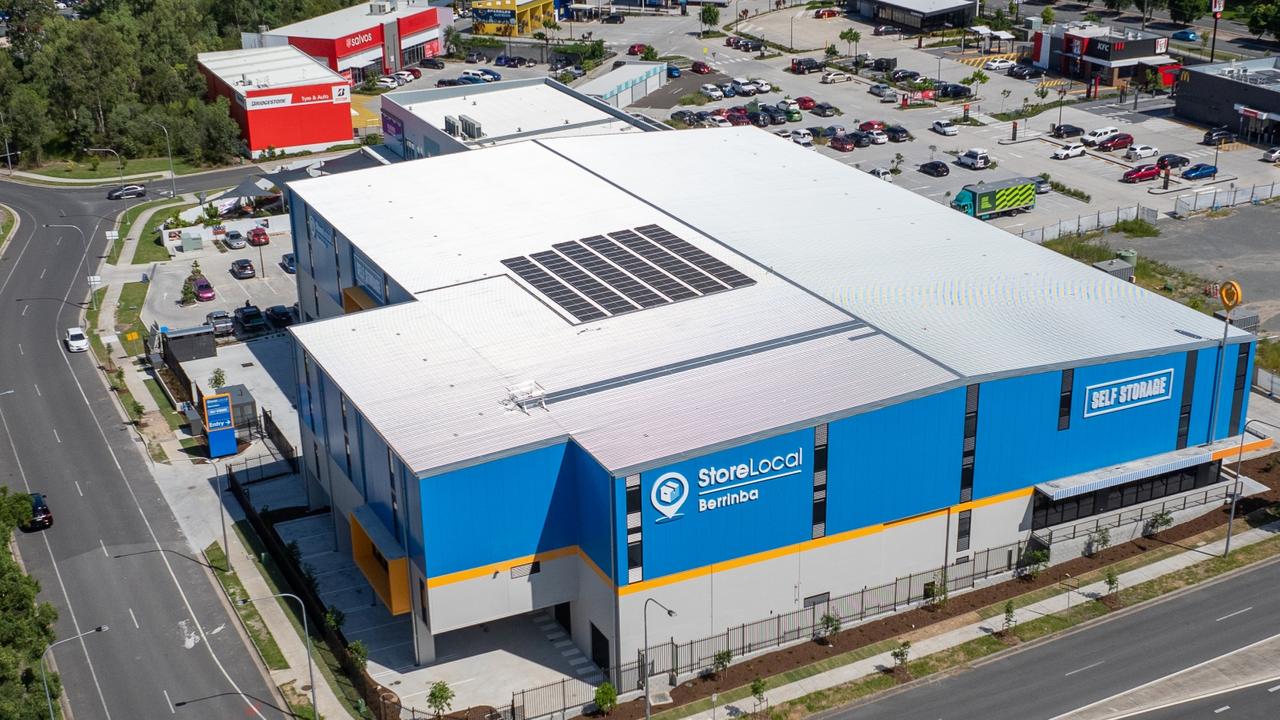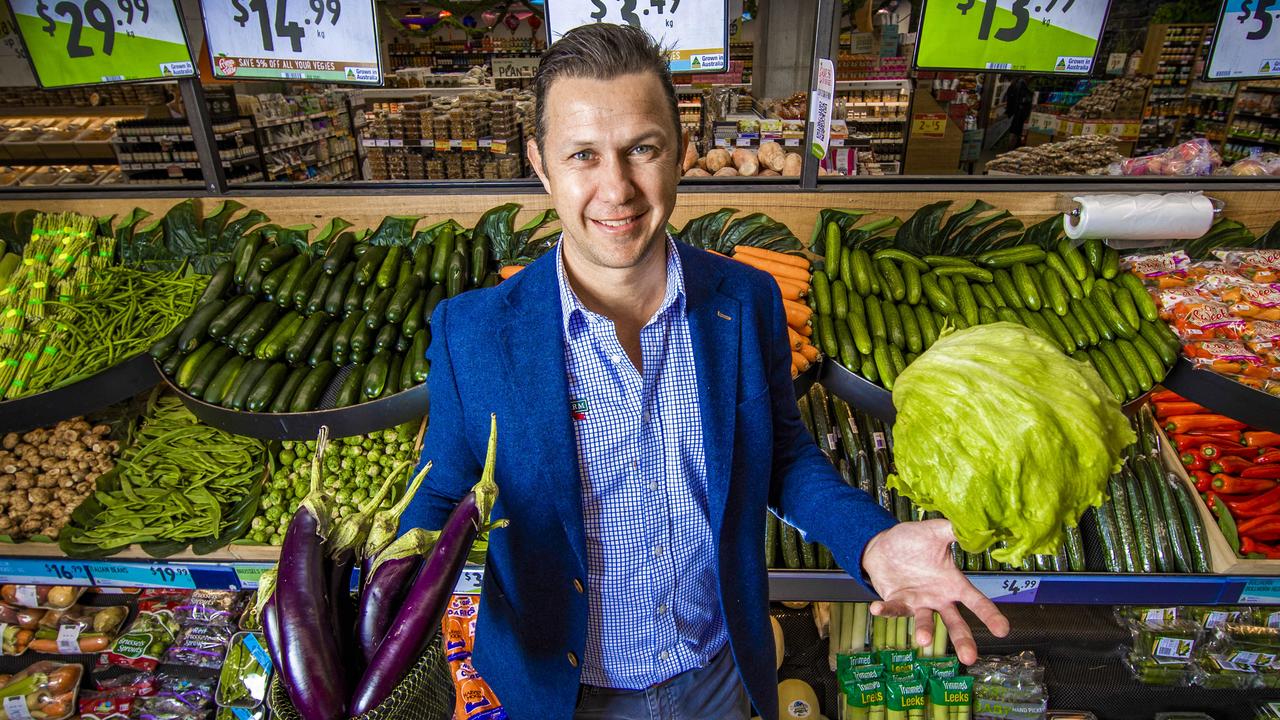Pandemic a turning point for AI take-up, says IBM boss
New IBM chief executive Arvind Krishna says every company will be forced to become an artificial intelligence firm in the future.
New IBM chief executive Arvind Krishna says every company will be forced to become an artificial intelligence firm in the future as the global software giant releases a new application for its Watson AI technology, designed to transform the way corporations manage IT outages.
In his first public address at IBM’s annual Think Digital event, staged virtually, Mr Krishna said the COVID-19 pandemic would prove a turning point in technology history.
“The pandemic is a powerful force for disruption and an unprecedented tragedy, but it also represents an opportunity,” he said.
“We will look back on this moment as the point at which digital transformation truly accelerated. Transformation journeys that would have lasted years are now being forced through in a matter of months.”
Mr Krishna, formerly IBM’s senior vice-president for cloud and cognitive software, took over the CEO role last month from previous chief Ginni Rometty.
He said the transformation of AI had accelerated as a result of the pandemic. “AI is the only way to scale innovation, insight and expertise,’’ he said.
“More than 20 years ago, experts predicted every company would become an internet company. I am predicting today that every company will become an AI company — not because they can, but because they must,” he said.
The new CEO has put the transition to the cloud and AI at the centre of his vision to reinvigorate IBM, which has reported years of declining revenue and fallen behind its cloud rivals such as Amazon and Google.
He said IBM had made “big, bold bets” to allow its clients to capitalise on the opportunities presented by AI and cloud, but also emphasised the importance of blockchain and quantum computing, which would “have a pivotal role to play in digital platforms of the future”.
IBM this week unveiled a new application for Watson AI, which has had a mixed reception since it was introduced commercially in 2014 and has been withdrawn from some sectors such as health.
Known as Watson AIOps, the new application is designed to help businesses automate the management of IT infrastructure and help chief information officers do their job.
Unexpected IT outages can cost companies about $260,000 per hour, according to IBM.
Mr Krishna claimed Watson AIOps could analyse thousands of possible problems related to a database server that caused an IT outage and suggest steps to remedy the problem.
“The problem is that many businesses are consumed with fixing problems after they occur, instead of preventing them before they happen. Watson AIOps relies on AI to solve and automate how enterprises self-detect, diagnose and respond to anomalies in real time,” he said.
Australian oil and gas giant Woodside is one local firm that is using IBM’s cognitive computing platform and has joined the MIT-IBM Watson AI Lab as part of a “multi-year collaboration” with the global tech giant.
Woodside chief executive Peter Coleman said last year that the company had about 25 million documents loaded into Watson, and some 80 per cent of its employees interacted with the platform every day.
Woodside was hoping to use AI technologies to slash its $US1bn-a-year maintenance bill by 30 per cent and to assist in the development of about $40bn in major projects over the next six years.
Rob Thomas, senior vice-president of IBM Cloud and Data Platform, said Watson AIOps could be used “to automate many of the difficult things that we ask a CIO to do in her job every day. Whether that’s fix problems, prevent problems, predict problems, this is the kind of stuff that AI is really good at.” He said the COVID-19 crisis would “in many cases accelerate what probably would have happened anyway”.




To join the conversation, please log in. Don't have an account? Register
Join the conversation, you are commenting as Logout